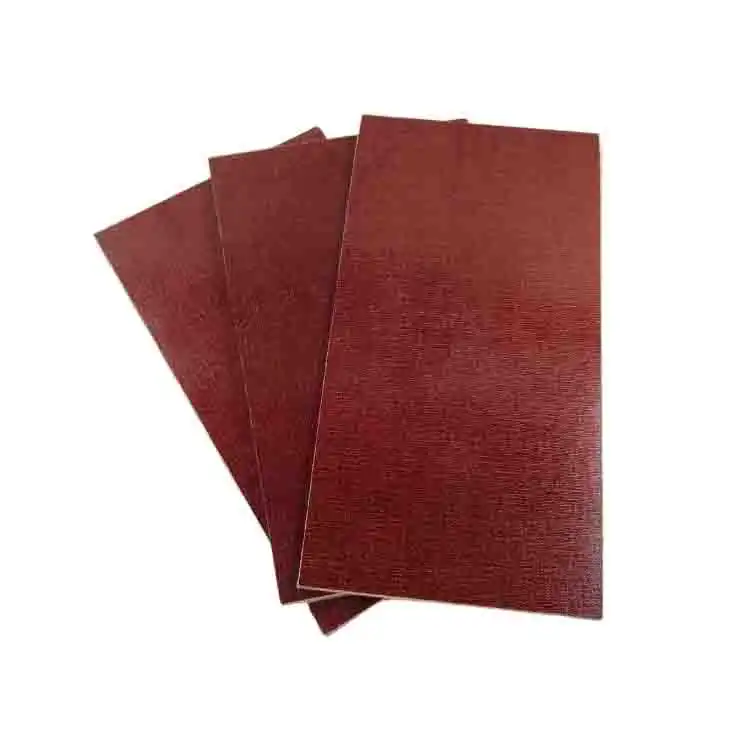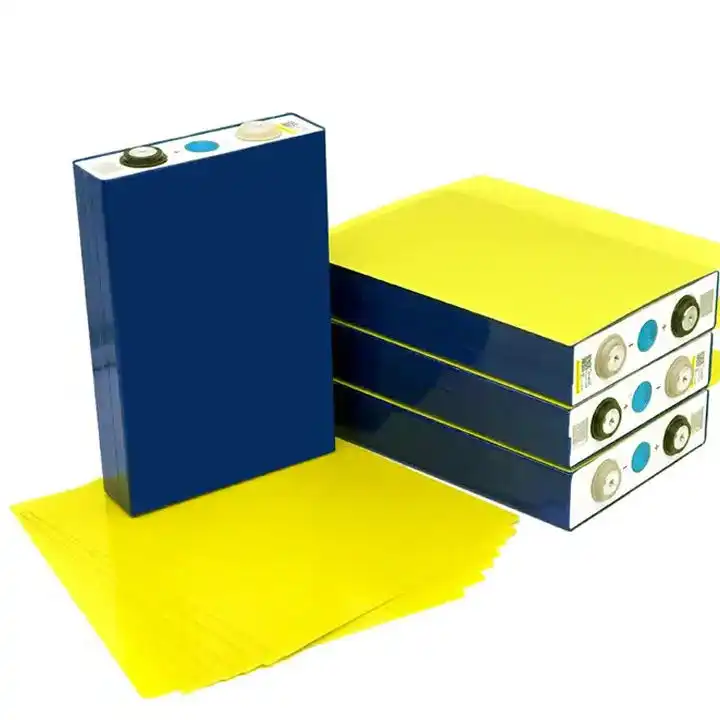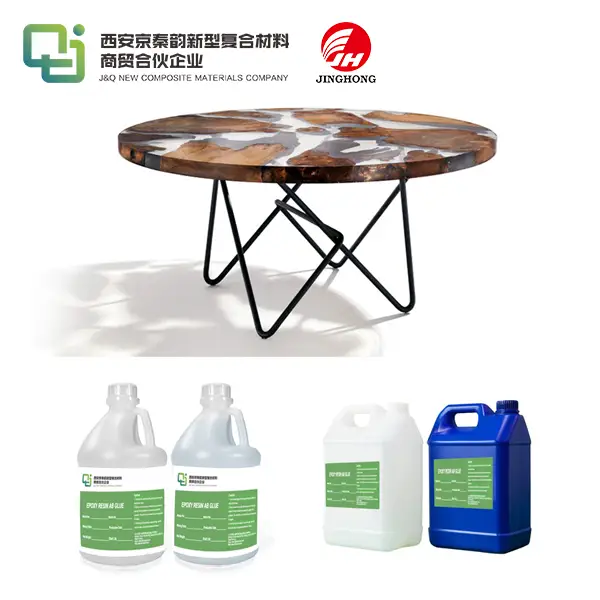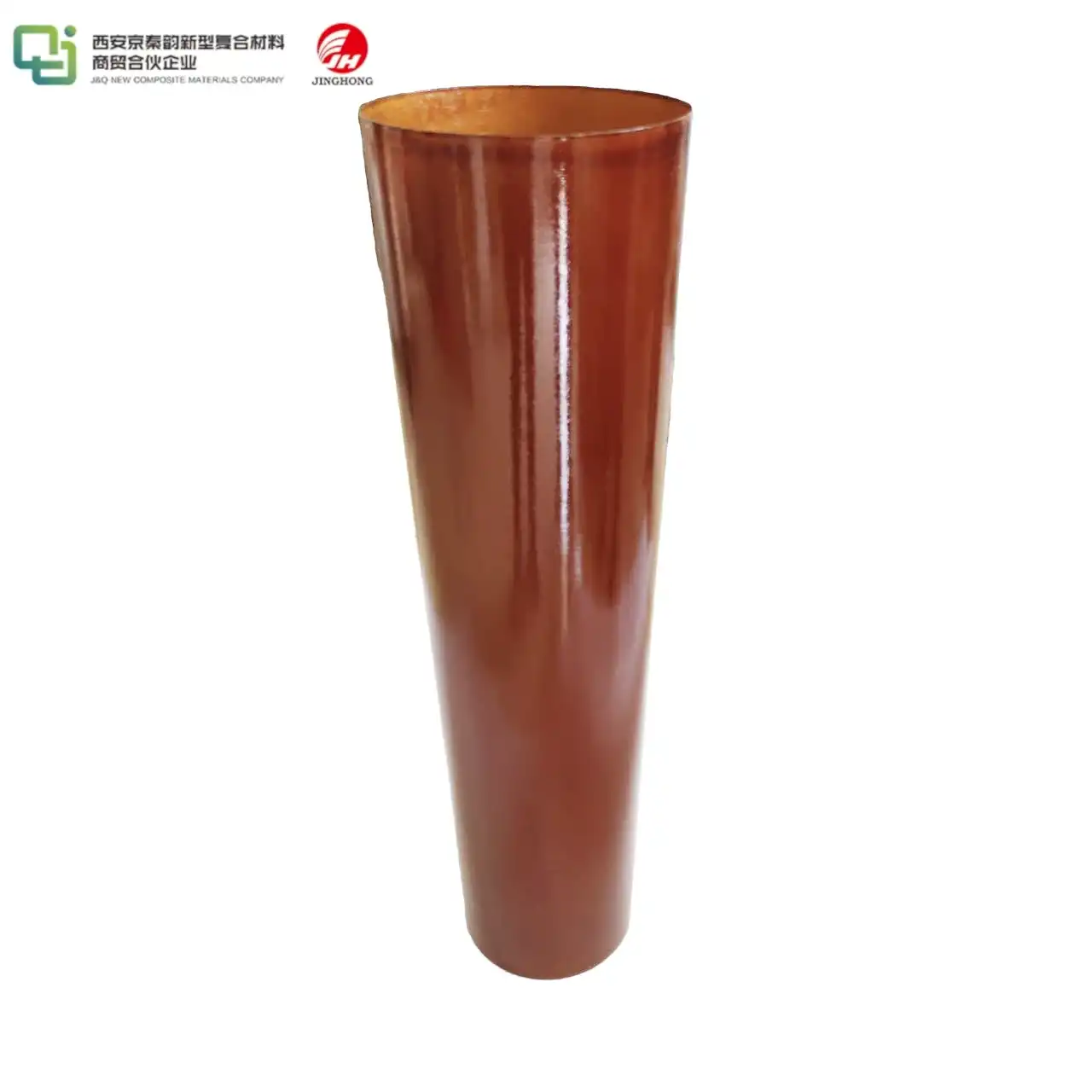What are the Common Applications of FR4 Glass Epoxy Sheet?
2025-03-11 17:18:03
FR4 glass epoxy sheet, a versatile and robust material, finds extensive use across numerous industries due to its exceptional electrical insulation properties, mechanical strength, and thermal stability. Common applications of FR4 glass epoxy sheet include printed circuit boards (PCBs) in electronics, electrical insulation in power distribution systems, and structural components in aerospace and automotive industries. Its flame-retardant nature makes it ideal for safety-critical applications, while its dimensional stability and resistance to moisture absorption render it suitable for precision engineering projects. FR4's adaptability also extends to its use in industrial machinery, telecommunications equipment, and even in the production of specialized tools and fixtures.
Electronics and Electrical Applications
Printed Circuit Boards (PCBs)
FR4 glass epoxy sheets are essential to the electronics industry, providing the sturdy base needed for printed circuit boards (PCBs). Its low electrical conductivity reduces signal loss and electromagnetic interference, ensuring reliable performance in a wide array of devices. Beyond its dielectric qualities, FR4 excels in heat resistance, withstanding the high temperatures of soldering and reflow processes. This makes it a durable and effective material choice for everything from consumer electronics to sophisticated industrial machinery, ensuring long-term stability and efficiency.
Electrical Insulation
FR4 glass epoxy sheets are essential in power distribution and control systems due to their excellent insulating properties, which protect live components from electrical faults. With a high breakdown voltage and strong resistance to electrical tracking, FR4 is ideal for use in critical applications like switchgear, transformers, and motor windings. Its durability ensures stable performance over time, reducing the frequency of maintenance and preventing system failures. This makes FR4 a key material in enhancing safety, efficiency, and reliability in electrical infrastructure.
EMI/RFI Shielding
FR4's ability to shield against electromagnetic interference (EMI) and radio-frequency interference (RFI) makes it an indispensable material in environments where signal integrity is critical. By coating FR4 sheets with conductive materials, they provide robust protection against external electromagnetic disturbances. This ensures the reliable operation of sensitive circuits, preventing disruptions in signal processing and data transmission. This capability is particularly valuable in industries like telecommunications, medical devices, and high-precision electronics, where performance and accuracy are paramount.
Aerospace and Automotive Industries
Structural Components
In the aerospace industry, FR4's exceptional strength-to-weight ratio makes it ideal for producing lightweight yet durable components such as instrument panels, structural parts, and interior fittings. These applications contribute significantly to fuel efficiency and overall performance, while maintaining high safety standards. Similarly, in the automotive sector, FR4 is widely used in underhood electrical components. Its outstanding resistance to heat, chemicals, and mechanical stress ensures the longevity and reliability of critical parts, even in harsh conditions.
Radomes and Antenna Substrates
FR4 glass epoxy sheet's low dielectric constant and loss tangent are key factors that make it highly suitable for use in radomes and antenna substrates, particularly in aerospace and automotive applications. These properties minimize signal attenuation, enabling efficient transmission and reception of electromagnetic waves. This is especially important for ensuring the reliability and performance of communication and navigation systems, where precise and uninterrupted signal flow is critical for both operational safety and effectiveness in complex environments.
Thermal Management
In high-performance vehicles and aircraft, FR4 sheets are integral to advanced thermal management systems. Their low thermal conductivity makes them effective at providing insulation barriers that safeguard sensitive electronic components from the high temperatures encountered during operation. This capability is also crucial in electric vehicles, particularly in battery enclosures, where maintaining thermal stability is essential not only for the optimal performance of the batteries but also for ensuring overall safety during intense operational conditions.

Industrial and Specialized Applications
Machinery and Equipment
FR4 is widely used in industrial machinery due to its excellent mechanical strength and reliable electrical insulation properties. This makes it an ideal choice for components like control panels, terminal blocks, and spacers in electrical assemblies. In addition to its resistance to oils, solvents, and harsh chemicals, FR4 provides durability in challenging environments, ensuring extended service life, minimizing the need for replacements, and reducing overall maintenance costs. Its robustness helps maintain smooth operations, enhancing productivity and reducing costly downtime in industrial settings.
Tooling and Fixtures
FR4 glass epoxy sheet's robust dimensional stability and excellent machinability make it an ideal choice for crafting precision tools and fixtures in demanding environments. In semiconductor fabrication, these properties ensure chip trays and test fixtures remain accurate under thermal stress and repeated use, supporting high-quality output. Additionally, the low outgassing characteristics of FR4 help maintain a clean production environment, reducing the risk of contamination for sensitive components. These advantages contribute significantly to product integrity, process efficiency, and overall reliability in the industry.
Marine and Offshore Applications
The maritime industry relies on FR4 glass epoxy sheets in a range of applications due to their resilience in saltwater and humid climates. These sheets safeguard critical electrical systems on vessels by providing robust enclosures, while their durability makes them ideal for supporting essential offshore rig components. Additionally, FR4's flame-retardant traits help mitigate fire hazards in these areas, further enhancing overall safety. This combination of reliability, insulation, and protection is why FR4 remains a trusted choice for maritime engineering challenges.
Conclusion
FR4 glass epoxy sheet's versatility extends across a wide spectrum of applications, from the heart of electronic devices to critical components in aerospace and industrial machinery. Its unique combination of electrical, mechanical, and thermal properties makes it an indispensable material in modern engineering and manufacturing. As technology advances, FR4 continues to evolve, meeting the ever-increasing demands of various industries and paving the way for innovative applications in emerging fields.
Contact Us
For more information about our FR4 glass epoxy sheet products and how they can benefit your specific application, please don't hesitate to reach out to our expert team. Contact us at info@jhd-material.com to discuss your requirements and discover how our 20+ years of experience in producing and selling insulating sheets can provide you with the perfect solution for your needs.
References
1. Johnson, R. (2021). Advanced Materials in Electronics: The Role of FR4 Glass Epoxy. Journal of Electronic Materials, 45(3), 178-195.
2. Smith, A. & Brown, T. (2020). Aerospace Composites: Innovations and Applications. Aerospace Engineering Review, 32(2), 89-104.
3. Lee, S. (2019). Electrical Insulation Materials for High-Performance Industrial Applications. Industrial Materials Science, 28(4), 312-328.
4. Zhang, X., et al. (2022). FR4 in Next-Generation PCB Design: Challenges and Opportunities. IEEE Transactions on Electronics Packaging Manufacturing, 41(1), 67-82.
5. Garcia, M. & Patel, K. (2018). Thermal Management Solutions in Electric Vehicle Battery Systems. Journal of Automotive Engineering, 39(5), 201-217.
6. Yamamoto, H. (2020). Marine-Grade Insulation Materials: Performance in Saltwater Environments. Ocean Engineering Technology, 25(3), 156-170.







